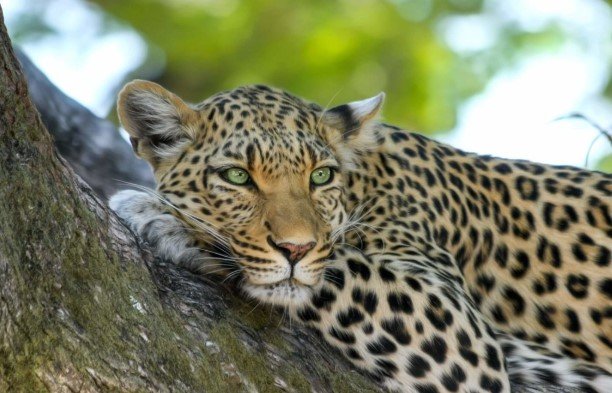The Nehru Zoological Park in Hyderabad, known for its diverse wildlife and picturesque landscape, is home to a remarkable 2,240 animals. This includes 664 mammals of 55 species, 1,227 birds of 97 species, 341 reptiles of 38 species, and 8 amphibians of 2 species. The park’s natural habitat also attracts a variety of migratory and resident birds, making it a haven for bird enthusiasts. However, with the recent bird flu outbreak in the neighbouring states, the zoo authorities have taken swift and comprehensive measures to safeguard their inhabitants.

Chicken not part of diet menu
One of the immediate steps taken was the exclusion of chicken from the animals’ diet. The zoo, which previously included chicken as a regular part of the carnivores’ menu, has now switched to minced meat to prevent any potential spread of the virus. This change aims to ensure that none of the zoo animals are exposed to the avian influenza virus, which can be transmitted through infected poultry.
Daily Meat Requirements
To meet the nutritional needs of the zoo’s carnivores, the authorities have carefully adjusted their diet. Large carnivores like lions and tigers require approximately 5-7 kg of meat per day, while medium-sized carnivores such as leopards need around 3-4 kg daily. Smaller carnivores, including foxes and hyenas, consume about 1-2 kg of meat per day. The switch to minced meat is a precautionary step to ensure the health and safety of these animals.

Biosecurity Measures
In addition to dietary changes, the zoo has implemented several biosecurity measures to prevent the spread of bird flu. These include:
- Monitoring Migratory Birds: Regular surveillance of migratory birds, which are potential carriers of the virus, to detect any signs of illness early.
- Disinfection Protocols: Frequent cleaning and disinfection of animal enclosures, feeding areas, and equipment to minimize the risk of contamination.
- Restricted Access: Limiting access to bird enclosures and ensuring that only essential personnel enter these areas.
- Personal Protective Equipment (PPE): Ensuring that zoo staff and veterinarians wear appropriate PPE to prevent cross-contamination.
- Isolation of Sick Animals: Immediate isolation and testing of any animals showing signs of illness to prevent the spread of the virus.
Impact and Significance
These proactive measures taken by the Nehru Zoological Park reflect a commitment to the health and well-being of its animals. By adapting their diet and enhancing biosecurity protocols, the zoo authorities are working diligently to mitigate the risks associated with the bird flu outbreak. These steps are crucial in maintaining the safety of the zoo’s inhabitants and ensuring that the park remains a safe and thriving sanctuary for wildlife.
The vigilance has been stepped up and swift response ensured by the zoo authorities demonstrating their dedication to protecting the diverse array of species that call Nehru Zoological Park their home.


